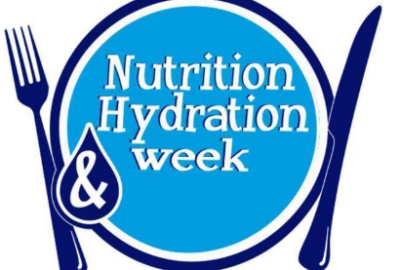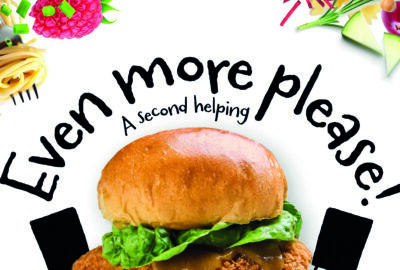Continuity in food distribution must be a priority for government as we negotiate the next few months of this unprecedented crisis, says FWD Chairman Coral Rose.
There will rarely have been a period in FWD’s 100-year history when our role of Bringing Wholesale Together has been more appropriate, or more necessary. Industry-wide co-operation is at the heart of our efforts now to keep the food and drink supply chain functioning, and to support our catering customers as they face an unprecedented loss of business.
After health care provision, continuity in food distribution must surely be the most important priority for government as we negotiate the next few months of this unprecedented crisis. Everyone needs to eat, especially the young, the vulnerable and those who are unable to leave their homes. Hospitals need food as much as they need medicine. If schools close, many thousands of children will be deprived of a healthy, nourishing daily lunch. Care homes, already under huge pressure from dietary restrictions and staffing issues, need their deliveries on time and in full.
In order to keep supply lines open we need government to prioritise our sector for support. Public sector contracts in particular must be protected, but as wholesalers we have a duty to our thousands of retail and foodservice customers to help them keep trading through these very difficult times. If we are not there for them now, they may not be there at all in future.
For foodservice distributors, the effect of restricted public movement on catering and hospitality customers cannot be overestimated. Here we are going to need all the ingenuity the sector is renowned for, to provide menus for delivery services and takeaway options. The good news is that people still need to eat; overall demand should not be hugely affected, although discretionary spend might. We will have to look at new ways to maintain provision and distribution of affordable professionally-prepared and home-cooked meals.
This is crucial: we need the government to provide effective financial support not only to businesses that feed the population, but to the wholesalers that supply and support them.
We also have another duty, and that is to our teams. Food distribution needs people in depots and delivery vehicles; these jobs can’t be done from home. We have to put the health of our people at the forefront of our thinking, because without them we can’t serve our customers.
Since the beginning of this crisis FWD has been in daily contact with Ministers and officials, primarily at Defra, the government department with responsibility for food distribution. Along with other food and drink associations, we have made the case for investment in our sector. Measures introduced in the Budget and the further financial measures announced by the Chancellor will help smaller businesses, However, there’s more the government can do, such as underwriting sick pay, suspending competition laws to allow FWD members to work together for the most efficient distribution, committing to continuing free school meals and further relieving delivery and access regulations.
FWD is also the point of contact between government and distributors, feeding information and intelligence both ways, and making sure that access to food, and the people who provide it, are right at the top of the agenda.


